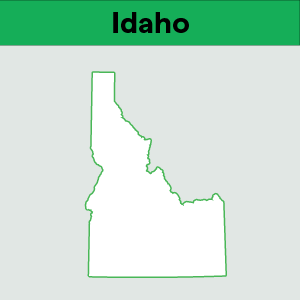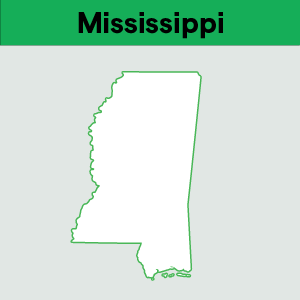Economic nexus laws by state: Connecticut
by January 23, 2025
State laws on economic nexus vary and it can be challenging to keep up with the various requirements for multi-state sellers. To help, we’ve consolidated everything you need to know about economic nexus in Connecticut here.
What is economic nexus?
With the South Dakota v. Wayfair Supreme Court ruling in favor of South Dakota, states are now free to pursue sales tax from e-commerce businesses who have a “significant presence” in their state. Significant presence or “nexus” was previously defined as having a physical presence (ex: brick and mortar store, employee, or inventory in a fulfillment center like FBA). But with this ruling, the definition of nexus has been expanded to include economic activity in a state as well. This concept of triggering sales tax responsibility because of your economic activity in a state is referred to as economic nexus.
Most importantly, this means that if you pass a state’s economic threshold for total revenue and/or number of transactions in that state, you’re legally required to register, collect and remit sales tax for that state.
What’s the threshold for economic nexus law in Connecticut?
- State: Connecticut
- Threshold: As of December 1, 2018, sellers who fit the following criteria are considered to have Connecticut economic nexus:
- Have at least $100,000 in gross receipts from sales into Connecticut in a 12-month period
- And 200 or more separate transactions on the previous calendar year’s sales in Connecticut
- Summary: According to state law, sellers who exceed the gross sales AND transaction number are required to register for a Connecticut sales tax permit, collect sales tax on sales that ship to Connecticut, and remit the sales tax to the state. If a seller meets one of the economic nexus requirements, for example, the 200 or more transactions, but not the other, it’s crucial to keep an eye on your gross receipts. Once you meet the other requirement, you will need to register for a Connecticut sales tax permit.
- Full text: You can read guidance on the text of Connecticut economic nexus law here. We recommend speaking with a vetted sales tax expert to answer specific questions for your business.
I meet the economic threshold requirement in Connecticut. Now what?
The first step is to register for a sales tax permit in Connecticut. TaxJar offers these two options for registration support:
- Read our do it yourself instructions for every state
- Visit our registration page to request TaxJar manage your Connecticut registration for you.
Who can handle my Connecticut sales tax filings for me?
At TaxJar, we help more than 20,000 sellers manage their sales tax needs every month. We help your business save on submitting your returns with our automated filing service called AutoFile. Read more about how AutoFile can handle all of your returns in as many states as you’d like.
I’m selling to Connecticut buyers. Will TaxJar help me track nexus?
Yes! With TaxJar’s Economic Nexus Insights Dashboard, you can see where your business currently has nexus, where your business is approaching nexus, and recommended next steps on how to begin complying with sales tax in all states.
Proactive notifications let you know when you’re approaching or have reached thresholds, so you can stay in front of any changes to your nexus requirements.
Start a free, 30-day trial with TaxJar today to start monitoring your nexus thresholds in Connecticut and other states.








